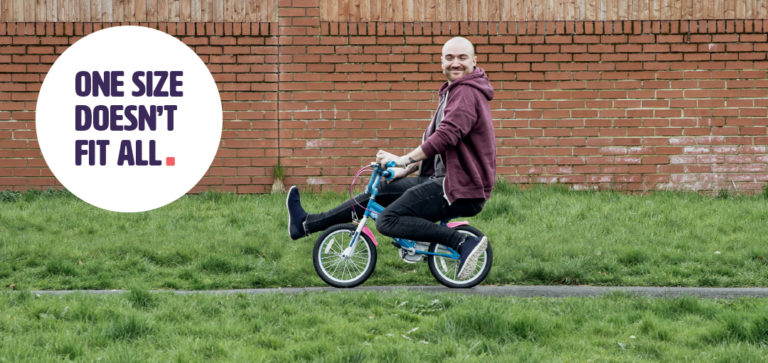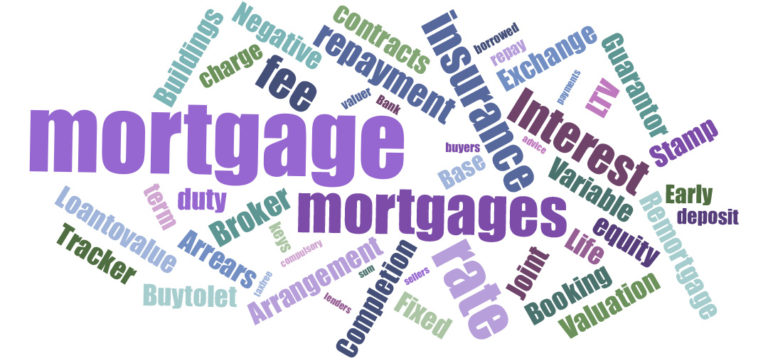Mortgage guides and advice

Home Moving Checklist
You’ve found your dream home, exchanged contracts and sorted your mortgage. Now all that’s left to do is move in. That’s the straightforward part, right?

Loan to Pay Off Debt
In this guide we focus on a customer who wanted a loan to pay off debt, in order to complete a Debt Management Plan, whilst

Paying the Mortgage After Separation
For some of our customers, paying the mortgage after separation is their key concern. They come to Clever Mortgages, wanting to break their financial ties

Debt Consolidation Remortgages
If you’ve got a mortgage and other debts too, consolidating them into a new mortgage product can be a great way of making a significant

Tips to Get You Moving House By Christmas
Want to ring in the new year in your dream new home? If so, you need to get organised now! This article offers some simple

Bad Credit Remortgage
If you’ve got a mortgage you might be able to make huge savings each month by remortgaging, even if you’ve got bad credit

Can I Get A Mortgage With Bad Credit?
If you’re worried about getting a mortgage with bad credit, rest assured we help customersevery day just like you. Here we’ll cover: How we helped

Can you get a mortgage after an iva – See if we can help you?
Can I get a Mortgage after an IVA – If you’ve got a mortgage currently, but are on a high rate – whatever your credit history, you should consider getting some advice on switching.

Debt Consolidation Mortgages
Getting a new mortgage to consolidate your debts can be a good way to get your finances back on track. In this guide we’ll cover:

Our Guide to Mortgage Jargon
Taking out a mortgage is a huge financial commitment, and so you’ll want to feel you’re clear on what you have to do and when

Can I Get A Mortgage With Poor Credit?
When you apply for a mortgage, the lender tries to predict your reliability for making your repayments responsibly, based on the way you’ve acted in

Is The Help To Buy Scheme Really Helping?
A new report by the National Audit Office (NAO) shows that many of people on the Help to Buy scheme could have afforded a house


